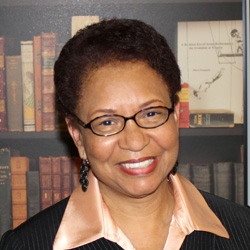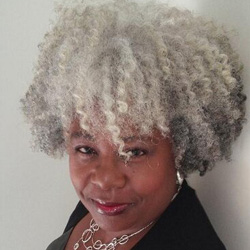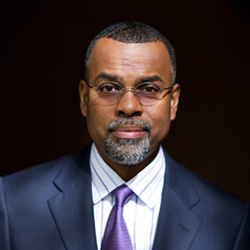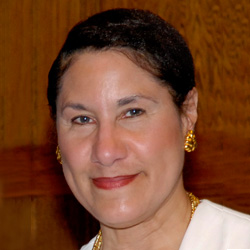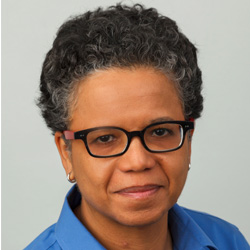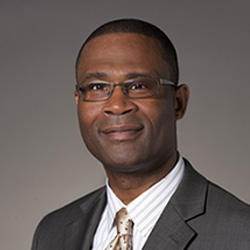Edna Greene Medford opened the session, “What is African American Religion”? by describing the question as “simple, yet complex” and the panelists as “feisty rebels.” She was correct on both accounts. And, by the end of the presentations, I was convinced that a new era in the study of African American religion had been launched.

